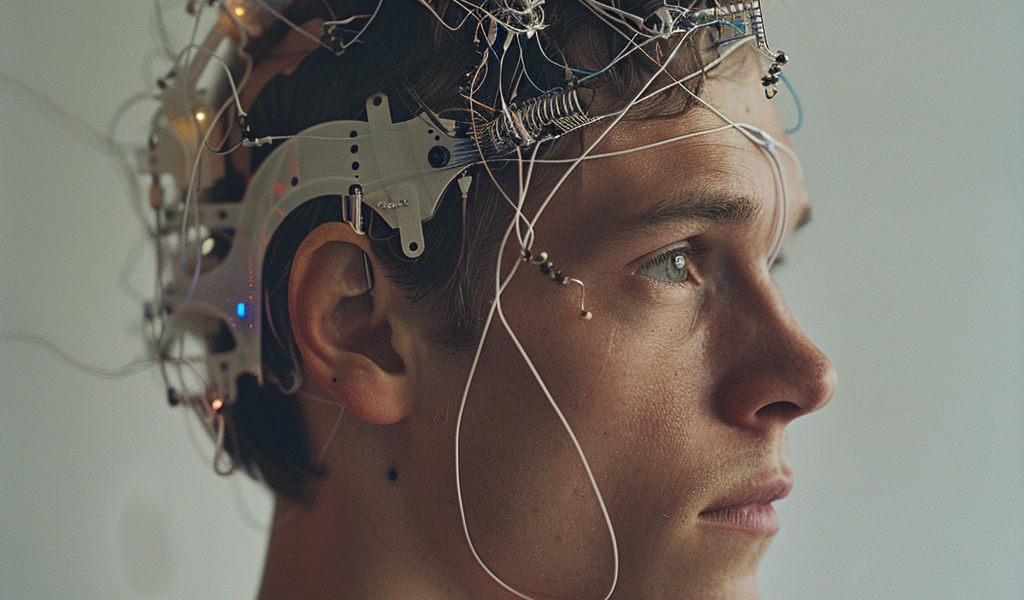Neuralink, the brainchild of Elon Musk, recently encountered a setback with its first in-human brain implant, as reported by the company. The brain implant experienced a malfunction shortly after being implanted in a patient for the first time, raising concerns about the technology’s efficacy.
Neuralink has been at the forefront of developing a brain-computer interface (BCI) that aims to assist individuals with paralysis in controlling external devices using their thoughts. The system, known as the Link, comprises 1,024 electrodes spread across 64 ultra-thin ‘threads’ that are finer than a human hair.
In a groundbreaking move, Neuralink conducted the implant procedure on a 29-year-old patient named Noland Arbaugh earlier this year. While initial reports indicated a successful surgery, subsequent developments revealed that several threads from the implant had retracted from Arbaugh’s brain in the weeks following the procedure.
The retraction of threads resulted in a decrease in the number of effective electrodes, impacting the system’s ability to accurately measure signals. Despite this setback, Neuralink assured that the issue did not pose a direct threat to Arbaugh’s well-being.
To address the problem, Neuralink made adjustments to the recording algorithm, improved the user interface, and refined signal translation techniques to enhance the system’s performance. Although the company considered removing the implant, it ultimately decided against it, emphasizing that Arbaugh continues to use the BCI system extensively on a daily basis.
Arbaugh, who described the Link as a ‘luxury overload,’ expressed gratitude for the device, stating that it has enabled him to reconnect with the world. Despite the challenges faced, Neuralink highlighted Arbaugh’s consistent usage of the BCI system, using it for up to ten hours a day on weekends.
While Neuralink’s recent setback underscores the complexities of developing BCI technology, the company remains dedicated to refining its system to provide innovative solutions for individuals with neurological conditions. As the field of brain-computer interfaces continues to evolve, advancements in this area hold promising potential for improving the quality of life for patients with paralysis and other disabilities.





